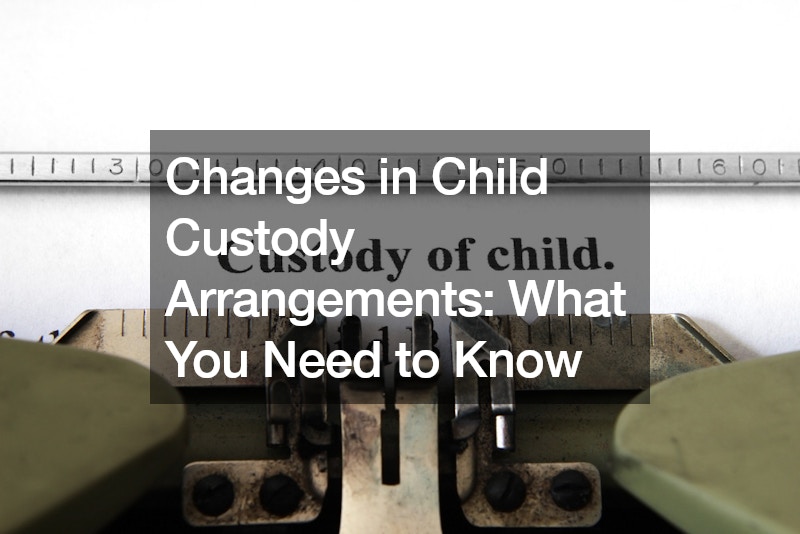Disclaimer: This website shares legal information for educational purposes only and does not constitute legal advice. Please consult a licensed attorney for advice specific to your situation.
Child custody arrangements established by courts are not always set in stone. Circumstances in families can change over time, prompting the need for modifications to custody agreements. Whether initially agreed upon or court-ordered, these arrangements can be revisited if there are significant changes that affect the best interests of the child.
Reasons for Custody Modifications
Changes in Circumstances
A key reason courts consider modifying custody is when there are substantial changes in the lives of either parent or the child. This could include relocation, changes in work schedules, remarriage, or significant changes in the child’s needs or preferences.
Best Interests of the Child
Courts prioritize the best interests of the child above all else when determining custody modifications. Factors such as the child’s relationship with each parent, their school and community involvement, and their overall well-being are carefully evaluated.
Legal Standards
Each state has specific legal standards that govern custody modifications. Generally, a parent seeking a modification must demonstrate a substantial change in circumstances since the original custody order was issued. This change must be shown to impact the child’s welfare significantly.
Process of Seeking Modification
Filing a Petition
The process typically begins with filing a petition in court outlining the reasons for seeking a modification and providing evidence of the changes in circumstances. Consulting with a custody attorney can provide valuable guidance during this stage.
Court Evaluation
The court will review the petition and consider both parties’ arguments. They may request additional information or conduct hearings to gather more details about the situation.
Decision-Making
Ultimately, the court will decide whether to approve or deny the modification request based on the evidence presented and its alignment with the child’s best interests.
The Bottom Line
Understanding child custody modifications involves recognizing that family dynamics evolve over time. When considering a modification, it’s crucial to focus on how changes affect the child’s well-being and to adhere to legal standards specific to each state. By addressing these factors comprehensively and seeking legal guidance where necessary, parents can handle custody modifications effectively, making decisions that continue to prioritize their child’s best interests.
.



